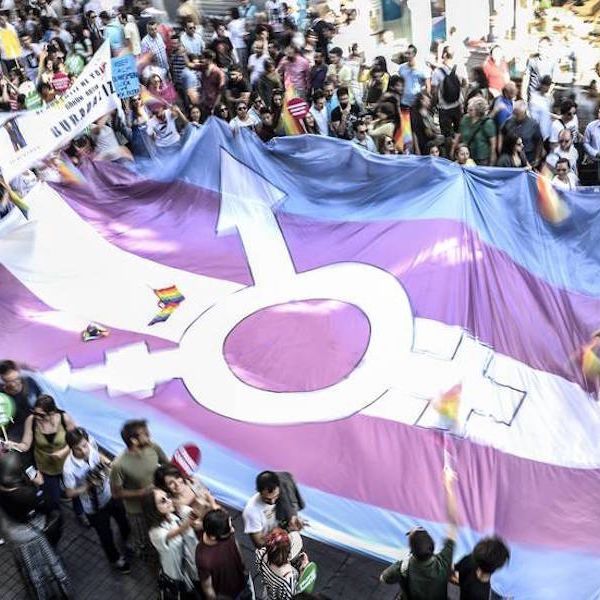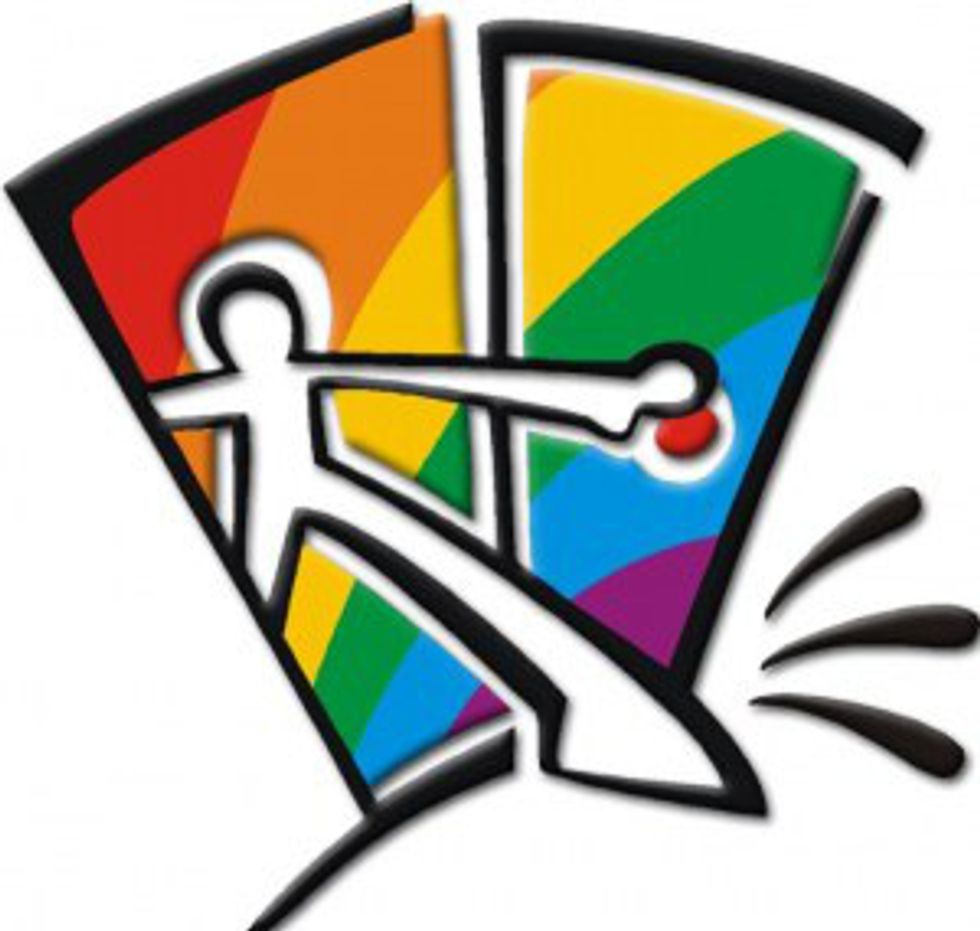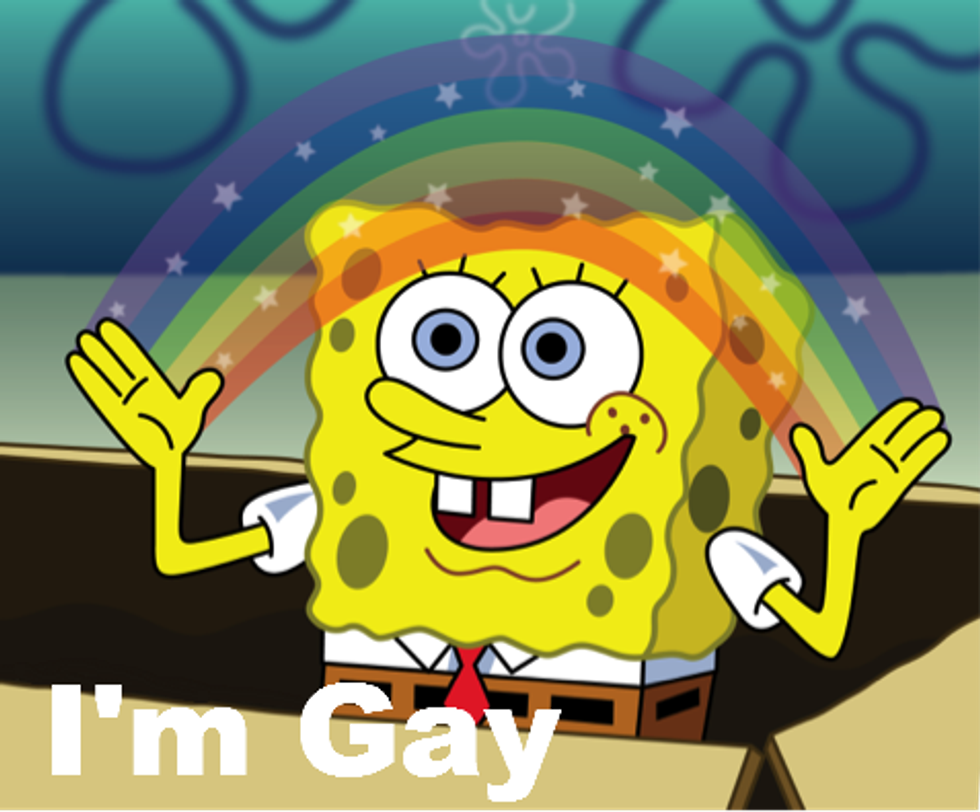Common questions LGBTQ+ people face when coming out to someone are along the lines of "How do you know? "Are you sure?" "Have you ever tried it with: ____", insert other gender.
I in fact, had the opposite experience.
When I was 17, my friend, Joan, took me to a party with a bunch of their friends from the GSA (Gay-Straight Alliance), where I was the only "straight" person. We were hanging out, and a couple of people started asking me how I knew I was straight if I'd ever tried to hook up with a girl and if I was sure about my sexuality. I told them I just knew, I hadn't and yes. The thing is, I wasn't really telling the truth when I answered any of those questions, and I knew that. This made me doubt myself. I began to wonder if I was really as straight as I'd always thought. I knew I liked boys. I also knew bisexuality existed and had multiple friends who identified as such. Still, it hadn't really ever occurred to me that I could be bisexual. In truth, I hadn't allowed myself to entertain the idea.
Relative to my far-left political beliefs and the number of out LGBTQ+ friends I already had as a high school senior, it took me a long time – about six months – to be able to voice my questions about my sexuality to another person. I asked my friend, Patrice, who is bisexual, how she knew. She told me to try experimenting and see if I liked it, and to try to look at girls sexually and see if it was the same as with boys. She also advised me to try looking at girl on girl porn, although that was a piece of advice I didn't feel comfortable following.
Not too long after that, I started testing things, telling one or two close friends at a time that I was bi, and by mid-summer, I had come fully out; I was writing online blog entries for BUST Magazine and did a piece about myths on bisexuality and pansexuality, which included parentheses containing the words "Surprise, Mom!"
The thing is, if it hadn't been for that party and those prodding questions, I might have never questioned the way I looked at girls and just continued to be a slightly too invested ally. We have a cultural attitude where people who are designated female are expected to experiment, or to kiss girls for the pleasure of men. This is, perhaps, best exemplified by songs such as "I Kissed a Girl" by Katy Perry, which came out the year I turned 12. With lyrics like "Just wanna try you on/ I'm curious for you," "You're my experimental game" and "I kissed a girl just to try it/ I hope my boyfriend don't mind it," the song reinforces the idea that kissing girls is a phase or something to just try. The song is a single example in a cultural influx. Conversely, bisexual guys are condescended in an entirely different way, being told it's a phase, though not because they're really straight, but because they're actually gay.
Regardless of gender, bisexuality is often treated as a phase and dismissed. This traps people who feel pressured to choose one gender – the right gender – to be with, perhaps not even allowing themselves to consider other options.
So, how does one know for sure they're not straight? It's complicated, and there's no precise process. Patrice's advice was good – be open, try things and see how you feel about it. It's OK to take time to figure out our orientations. Sexuality is fluid. We don't all have to already know exactly who we are or who we like.























